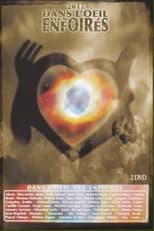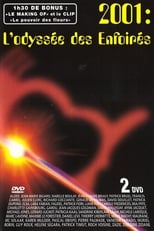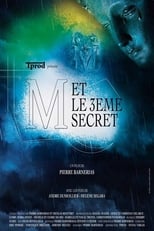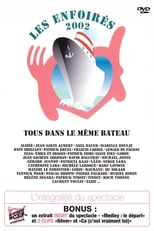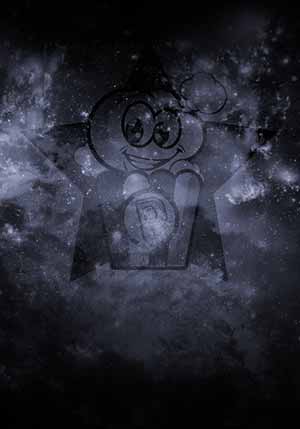Hélène Ségara
¿Quién es Hélène Ségara?
Hélène Ségara was born on 26 February 1971 on her grandfather's farm in Six-Fours-les-Plages. Her father, Bernardo Rizzo, is of Italian descent and her mother, Therese Kasbarian, is Armenian. She has cited her parents' divorce when she was eight and the death of her grandfather when she was 16 as defining moments of her childhood.
As she wanted to become a singer, she left school and family at the age of 14. As a teenager, her jobs included performing in the piano bars of the French Riviera.
At 18, she gave birth to Raphael, her first son. Drawing on many musical influences she was a prolific songwriter during this period, and her repertoire grew to over a thousand songs in seven languages. In 1993, her first single, "Loin", was released, but failed to achieve success.
In 1996, accompanied by her young son, she moved to Paris, where she met Christian Loigerot, who became one of her composers. She also met the famous producer Orlando Gigliotti, Dalida's brother, who gave new impetus to her career. Although impressed by the experience and professionalism of this mentor, she was still under contract with her first producer.
Ségara's first success came with "Je vous aime adieu," the first single from her debut album, Cœur de verre (1996), followed by the duet "Vivo per lei," performed with Andrea Bocelli. Her big break came when she was selected to play Esmeralda in Richard Cocciante's musical Notre Dame de Paris. Although she auditioned for the role in 1997, she wasn't selected until 1999, following the withdrawal of the Israeli singer Noa. "When fate knocks at the door for a second time, we must not let it get away," said Ségara.
However, her career was jeopardized after she was diagnosed with a cyst on her vocal cords although she continued to perform. During a show in Canada, she lost her voice. Her producer then resold her contract to Orlando, while a laser operation was carried out to treat her vocal cords.
After her recovery, she recorded her second album, Au Nom d'une femme in 2000 which topped the charts in France. Five singles were released from the album. Ségara then began a concert tour that lasted about two years. A video recording of the concert she gave at the Olympia in Paris on this occasion was released. According to a poll made by the IFOP, Segara was the French people's favourite French singer at the time.
In March 2003, she released a third album, Humaine, including "On n'oublie rien, on vit avec", a duet with Laura Pausini and "L'Amour est un soleil", composed by Romano Musumarra. The album sold around 700,000 copies. She began another tour in late 2003 but was forced to stop her performances because of a difficult pregnancy. In August 2003, Ségara married Mathieu Lecat (son of journalist Didier Lecat) in Ajaccio, with whom she had two further children: Matteo and Maïa. ...
Source: Article "Hélène Ségara" from Wikipedia in English, licensed under CC-BY-SA 3.0.
Trabajos destacados
Géneros más habituales en las películas de Hélène Ségara
Géneros más habituales en las series de Hélène Ségara
Compañeros de trabajo recientes de Hélène Ségara
Las imágenes y retratos de actores o actrices mostrados en este sitio web son obtenidos de la base de datos de The Movie Database (TMDB). En el caso de que alguna imagen o fotografía sea incorrecta, ofensiva o infrinja derechos de imagen, puede ser editada o eliminada de TMDB, lo que resultará en su eliminación correspondiente en este sitio. En última instancia, los usuarios también pueden utilizar el formulario de contacto ubicado al pie de la página para solicitar la corrección o eliminación de cualquier contenido.
The images and portraits of actors or actresses displayed on this website are sourced from The Movie Database (TMDB). In the event that any image or photograph is incorrect, offensive, or violates image rights, it can be edited or removed from TMDB, subsequently ceasing its display on this site. As a final recourse, users may also utilize the contact form located at the bottom of the page to request the correction or removal of any content.




